detail profile stefan szmidt
Peran Yang Di Mainkan Stefan Szmidt
 Klara and Aniela are two young...
Klara and Aniela are two young...War of Love 2010
Klara and Aniela are two young girls who decide not to get married. This decision makes bachelors even more eager to conquer them. Adaptation of the classic comedy by Aleksander Fredro.
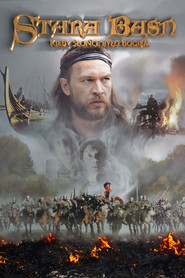 In IX century Europe on the...
In IX century Europe on the...The Old Fairy Tale: When the Sun Was God 2003
In IX century Europe, on the brink of Poland's birth, a cruel prince, Popiel, murders his cousins to ensure his son's succession. His crimes lead to an uprising of his subjects lead by the former commander of Popiel's army, Piastun, and a young hunter and warrior, Ziemowit. Meanwhile Ziemowit falls in love with Dziwa, lovely girl who is to become a priestess in the local temple ...
 A grand and patriotic tale of...
A grand and patriotic tale of...Pan Tadeusz 1999
A grand and patriotic tale of Poland's struggle for freedom just before Napoleon's war with Russia. Written in poetic style by Adam Mickiewicz, this story follows two feuding Polish families as they overcome their old conflicts and petty lives. However, they are able to unite as one with their patriotic and rebellious efforts to free the country they deeply love from Russian control.
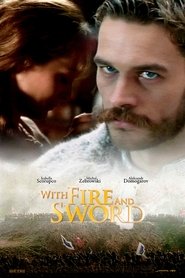 In the mid17th century Poland...
In the mid17th century Poland...With Fire and Sword 1999
In the mid-17th century, Poland was the largest, most democratic, and most tolerant country in Europe. However, a tragic civil war brought about the gradual decline of the once glorious republic... An epic story about the Ukrainian uprising against the Polish-Lithuanian Commonwealth magnates in the 17th Century.
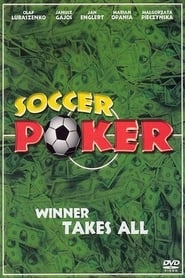 Laguna was once a great soccer...
Laguna was once a great soccer...Soccer Poker 1989
Laguna was once a great soccer player whose career was interrupted by an injury. He spent years climbing the ranks to become an international referee. He sees the prevailing arrangements, manipulations, and bribery around him. Now desperate, he decides to stage an extraordinary culmination of his career: he wants to create a so-called "miracle Sunday" by "printing" the final round of games - taking substantial bribes from the interested clubs and manipulating the matches so that the results align in the order he set up.
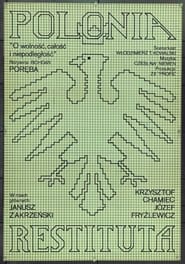 A twopart historical film covering the...
A twopart historical film covering the...Polonia Restituta 1981
A two-part historical film covering the years of the First World War and the post-war period up to 1919 - until the signing of the peace treaty in Versailles near Paris. An attempt to show the great and complicated process of regaining an independent existence by a nation within its own state. The screen shows characters from history textbooks: Józef Piłsudski, Ignacy Paderewski, Roman Dmowski, Wojciech Korfanty as well as representatives of the world political scene, incl. David Lloyd George, Woodrow Wilson, Georges Clemenceau, Vladimir Lenin and others.
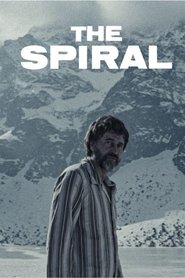 In what appears to be an...
In what appears to be an...The Spiral 1978
In what appears to be an inexplicable incident, a man drives up to a resort hotel in midwinter, throws away his car keys, enters, and proceeds to agitate everyone he meets with his urgency -- a message he is somehow unable to communicate. Then he leaves, disappearing in the snow. Later, the people he appeared to have upset have gathered to search for him and find him frostbitten, but alive. Visiting him at the sanatorium to which he has been taken, they gradually discover what was really happening.
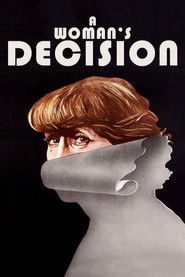 The main character is a bookkeeper 40...
The main character is a bookkeeper 40...A Woman's Decision 1975
The main character is a bookkeeper, 40, who lives a quiet, uninteresting life with her husband and son of school age. She realizes that soon she won't be needed much at home as the boy grows up and the relationship with her husband crumbles. It's only when an embezzlement is discovered at the office and she stands up to her management, that she realizes life has more to offer. She meets a well-off former classmate, married to an American. Then she meets Jacek and starts contemplating possibilities of a new start. She discovers love for the first time, but turns to old ways rather than to break loose.
 During the Swedish invasion of Poland...
During the Swedish invasion of Poland...The Deluge 1974
During the Swedish invasion of Poland, the brave warrior Andrzej Kmicic, considered a traitor to the nation, fights for a country, redemption and love across the 17th-century Polish territories.
 Told in flashback as Mieszko lies...
Told in flashback as Mieszko lies...The Nest 1974
Told in flashback as Mieszko lies feverish in his bed just before the Battle of Cedynia, Gniazdo recounts how the revered leader extended Poland's borders, formed an alliance with Emperor Otto I, and ultimately strengthened his country's autonomy by achieving victory during that crucial battle in the year 972.
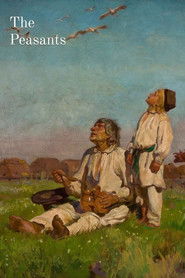 In a bucolic Polish hamlet the...
In a bucolic Polish hamlet the...The Peasants 1973
In a bucolic Polish hamlet, the tense relationship between a father and son reaches a boiling point when the men lose their hearts to the same woman and vie for her affections. Based on Wladyslaw Reymont's Nobel Prize-winning book and helmed by Jan Rybkowski, this theatrical release (starring Krzystof Chamiec, Wladyslaw Hancza and Emilia Krakowska) was culled from a 13-episode miniseries that aired on Polish television in 1972.
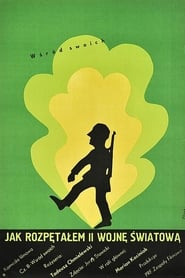 Disguised as an Italian medic Dolas...
Disguised as an Italian medic Dolas...How I Unleashed World War II, Part III: Among Friends 1970
Disguised as an Italian medic, Dolas finds himself on a ship evacuating wounded Axis soldiers to Italy. He leaves the ship disguised as a Nazi soldier, but is found out, declared a deserter and sent to the Eastern Front. However, on the flight to Russia, he is able to escape with a parachute, and finds himself back in Poland, now occupied by Nazis.
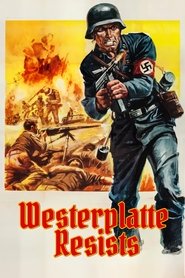 Westerplatte is a small peninsula at...
Westerplatte is a small peninsula at...Westerplatte Resists 1967
Westerplatte is a small peninsula at the entry to the Gdańsk Harbour. Before World War II, it functioned as a Polish ammunition depot in the Free City of Danzig. Its crew consisted of one infantry company and a group of civilians, 182 people in total. It was the only Polish guard-post at the mouth of the Vistula River, with as little as five sentries, one field cannon, two anti-armour guns and four mortars. The first shots of World War II were fired there. This film tells the story of Westerplatte's courageous defenders.
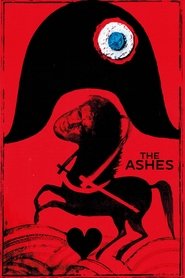 Set in the time of Napoleon...
Set in the time of Napoleon...The Ashes 1965
Set in the time of Napoleon wars, shows how the wars swept over the unfortunate Polish country at the beginning of the XIX-th century. Story revolves around the Polish legion under command of General Dabrowski, who then fought on Napoleon's side with the hopes of Poland's revival.

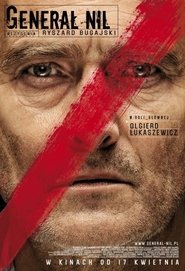 Genera Nil is a Polish historical...
Genera Nil is a Polish historical...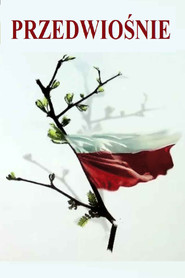 Polishborn Russian subject Cezary Baryka comes...
Polishborn Russian subject Cezary Baryka comes...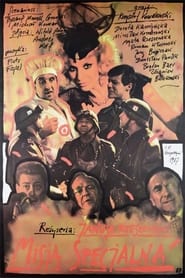 In 1943 a drunk cook is mistaken...
In 1943 a drunk cook is mistaken... Teenaged Beata disgusted with hypocrisy around...
Teenaged Beata disgusted with hypocrisy around...